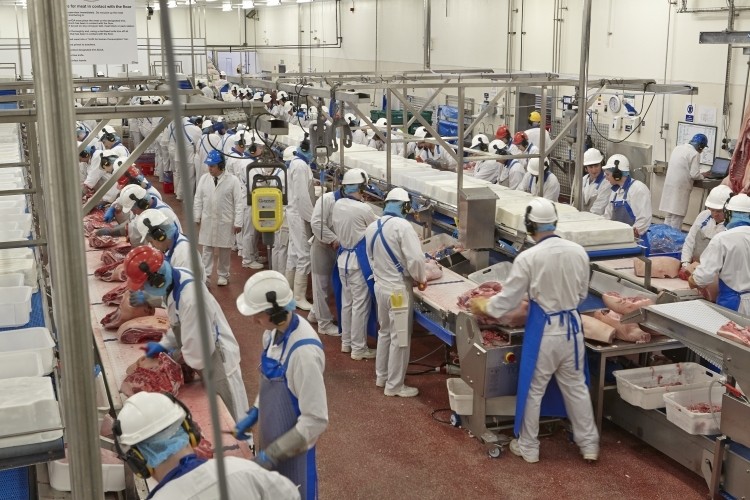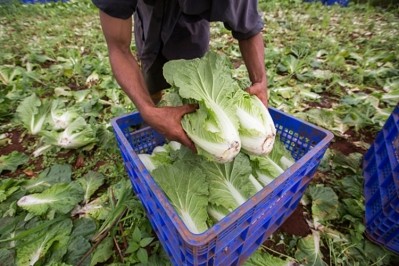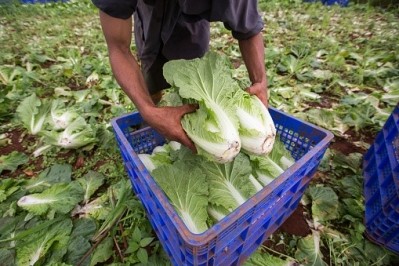Migrant labour system overhaul needed

According to a Confederation of British Industry (CBI) report, 30% of workers in the domestic food and drink industry, the largest manufacturing sector in the UK, are EU migrant workers.
In an effort to prevent a massive shortfall in labour in the manufacturing industry, the CBI gave recommendations for how the immigration system could be changed. Chief amongst these recommendations was creating a system that measures contribution rather than focusing on net migration numbers.
It also suggested a registration system for all migrants – similar to that currently in place in some EU countries – a guarantee that the cost of hiring EU workers won’t become prohibitively expensive and that the entry at the UK border will be stress-free.
‘Stakes couldn’t be higher’
Josh Hardie, CBI deputy director-general, said: “The stakes couldn’t be higher. Get it wrong, and the UK risks having too few people to run the NHS, pick fruit or deliver products to stores around the country. This would hurt us all - from the money in our pockets to our access to public services.”
Within food and drink, the meat industry has been described as particularly reliant on migrant labour, with an average 63% of staff on the plant floor being EU nationals, and as high as 80% in some cases. More than 85% of official veterinarians used to audit abattoirs in the UK are EU nationals according to the Food Standards Agency.
The CBI report outlined that intricate jobs in the meat industry were not deemed to be skilled, despite their inability to be automated.
‘Definition of skilled’
It said: “Meat filleting and removing bones from a delicate piece of fish are technical skills that would fail to meet the current definition of skilled. But they cannot yet be easily automated, as machines are not dextrous enough to adapt to different shapes and sizes of animals.”
Nick Allen, CEO of the British Meat Processors Association (BMPA), said: “The BMPA supports the recommendations set out in the CBI’s latest report and will be adding its voice to calls for Government to heed the warnings coming directly from food businesses up and down the country.
“This detailed report presents a clear business case for how future immigration policy should be shaped, so that it fosters rather than hinders economic growth once we have left the EU.”
Allen warned that any increased cost to source labour would “put a strain on already tight margins which will mean inevitable price rises being passed on to the British consumer”.















